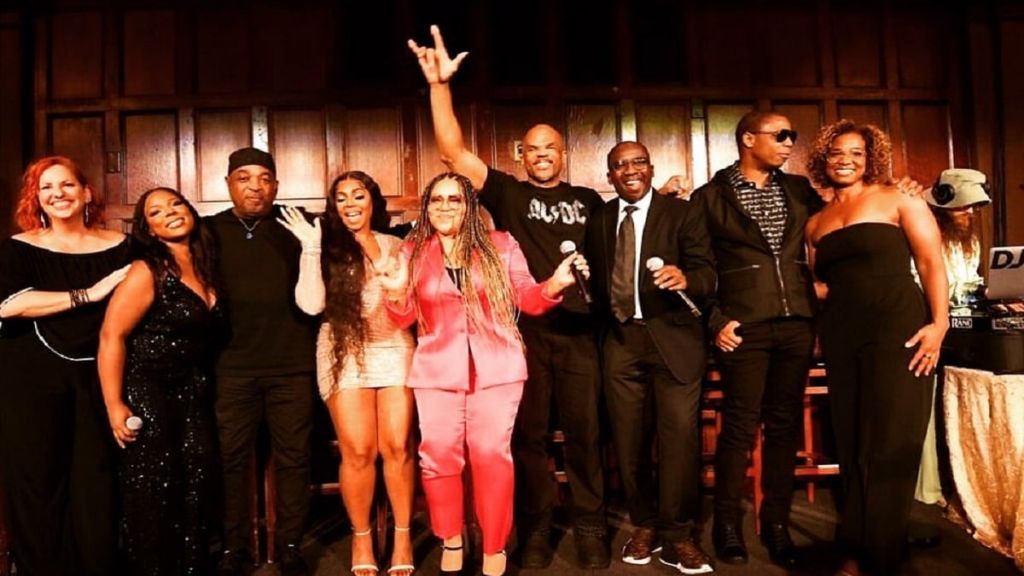
Mumbai: After a successful implementation of HipHop music to educate youth about health issues in the United States, Columbia University shared the innovative healthcare strategy with healthcare workers and social workers in Mumbai. The experts from Columbia University believe that Hip Hop Public Health can employ the power of music to enhance health literacy and promote behavior change in India.
In a thought-provoking panel discussion on Tuesday, the Columbia Global Center Mumbai, showcased innovative healthcare strategies designed to empower underserved communities. The Columbia Global Centre in Mumbai is one of 11 global centers established by Columbia University to engage faculty, students and in-country partners on priority issues related to economy, environment, sustainability, education, culture and health.
Amid thought leaders making significant strides in the field of public health, Dr. Olajide Williams, chief of staff and professor of Neurology at Columbia University, introduced the Hip Hop Public Health initiative. Established in 2011, the multisensory multilevel health education model harnesses the power of music and culture to address health disparities in marginalized communities and educate the youth about brain stroke.

The initiative collaborated with well-known artists and grammy winners like Doug E Fresh, Chuck D, Cheryl “Salt” James, Darryl McDaniels and Ashanti, who created musical content for children and youth to educate them about health promotion and disease prevention. Through a series of programs funded by the National Institutes of Health, Hip Hop Public Health initiative created more than 200 resources, and developed community-focused programs and partnerships to support health promotion and disease prevention.

Talking to The Free Press Journal, Dr. Williams stated that the Hip Hop theory to educate children and youth about public health can be implemented in India through a well-planned approach and involvement of noted Indian musicians to create awareness about health issues pertaining in India. Today, this model has been adopted by various countries including France, Japan, China, and Egypt.

“Artists with clout following will be able to spread the word faster as people would be interested in knowing about collaboration between known artist and public health professionals. These artists can be associated to any form of traditional or Hip Hop music in India, who can develop compelling content, that addresses the problems and provides solutions, in partnership with all the stakeholders including the community that is directly affected by it,” said Dr. Williams.
Dr. Janhavi Mallaiah, program director at the Institute for Training, Outreach and Community Health (InTOuCH), which is part of Columbia University’s Center for Community Health, shared her upcoming initiative to undertake a stroke literacy assessment test of frontline health workers in Chandrapur area of Maharashtra to address the escalating burden of non-communicable diseases contributing to mortality and disability in India.
Robert Fullilove, a public health professor at Columbia University’s Mailman School of Public Health, shared his work with the Bard Prison Initiative, which offers a transformative academic program helping hundreds of incarcerated individuals acquire education to address public health and criminal justice issues. Today, the initiative offers 18 public health courses annually in prison with 407 students having completed public health courses and 25 BPI Public Health Fellows over the past 5 years.